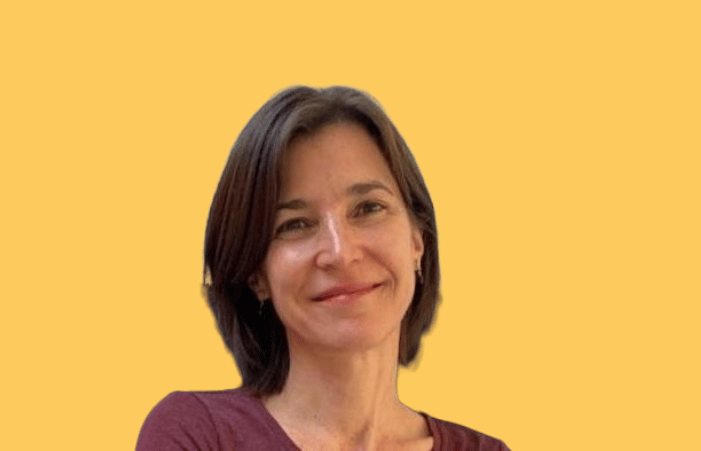Alejandra Mendez
Home >
Who am I
I am a Chilean professional with background in education and communications. I am based in Santiago, where I live with my husband and three sons.
Pablo, my oldest son is a childhood cancer survivor, he was diagnosed with an aggressive type of cancer (clear cell sarcoma) when he was 2, and relapsed 3 times throughout his childhood.
After that experience, I decided to devote myself to giving every child who is diagnosed with cancer the same opportunities to survive the disease, regardless of his/her background.
I am actively involved in many projects related to improving the quality of life of childhood cancer patients and their families around the globe. I serve as board member of Fundación Nuestros Hijos www.fnh.cl in Chile.
I also serve as a member of the Board of Trustees at CCI (Childhood Cancer International) ; and as the Co-Chair at the SIOP Global Health Network PFSE Working Group (Patient, Family, Stakeholder Engagement). I am a member of the SIOP PARC Committee (Program for Advancing Research Capacity for Pediatric Cancer Clinical Trials), representing the interests of childhood cancer survivors and parents. I also serve as an advisor to the Latin American group of childhood cancer survivors “Faros de Vida”.
Since 2015, I volunteer as a teacher at the in- hospital school at Hospital Exequiel González Cortés in Chile.
Why
Because I believe that access to healthcare is a right, not a privilege. Every child should have the opportunity to live the disease with dignity, to be treated, to recover and to be included into society.
Most childhood cancers do not have a known cause. While impossible to prevent, they can be treated. But for children living LMIC, the health workers, drugs and equipment they need are in desperately short supply. Only available at a select few hospitals, high-quality treatment is hard to come by. It is a situation that drives the disparity in care and causes thousands of preventable deaths each year.
Early detection of childhood cancer is the key to improve the survival rates around the globe. An early and accurate diagnosis is the key. The sooner treatment starts, the higher the chance of success.
Education is an opportunity that is often missed. In some countries, disease awareness is so low that most cases go undiagnosed. And for some children, poor care pathways and limited diagnostics can take time they do not have. Once the cancer reaches Stage 4, palliative care is often the only option. But with education and awareness we can change this.
I am also very concerned about childhood cancer survivors. The overall survival rates have increased dramatically, which brings to a new challenge: Quality of Life of these young adults. Long-term studies have shown late physical and psychological sequelae that may appear years after the end of treatment.
Specialties
Childhood Cancer
Advocacy and Communications

No specific news & updates.
Involved projects
No specific projects
